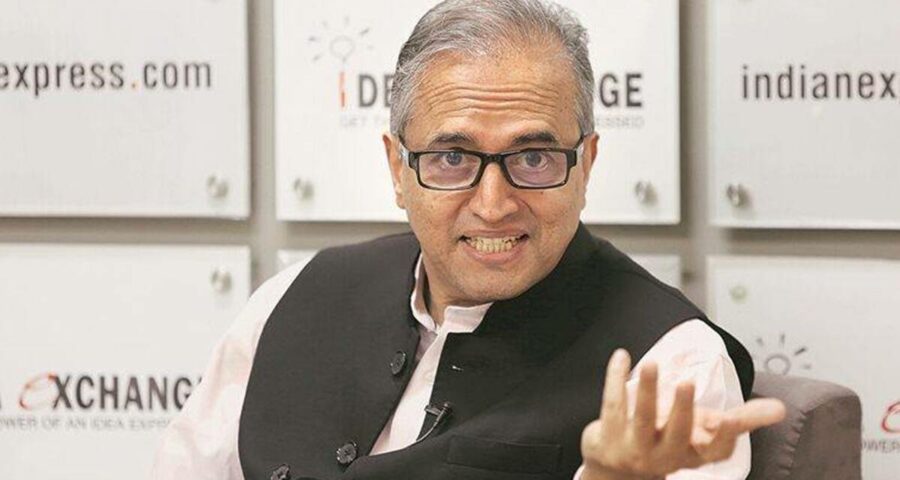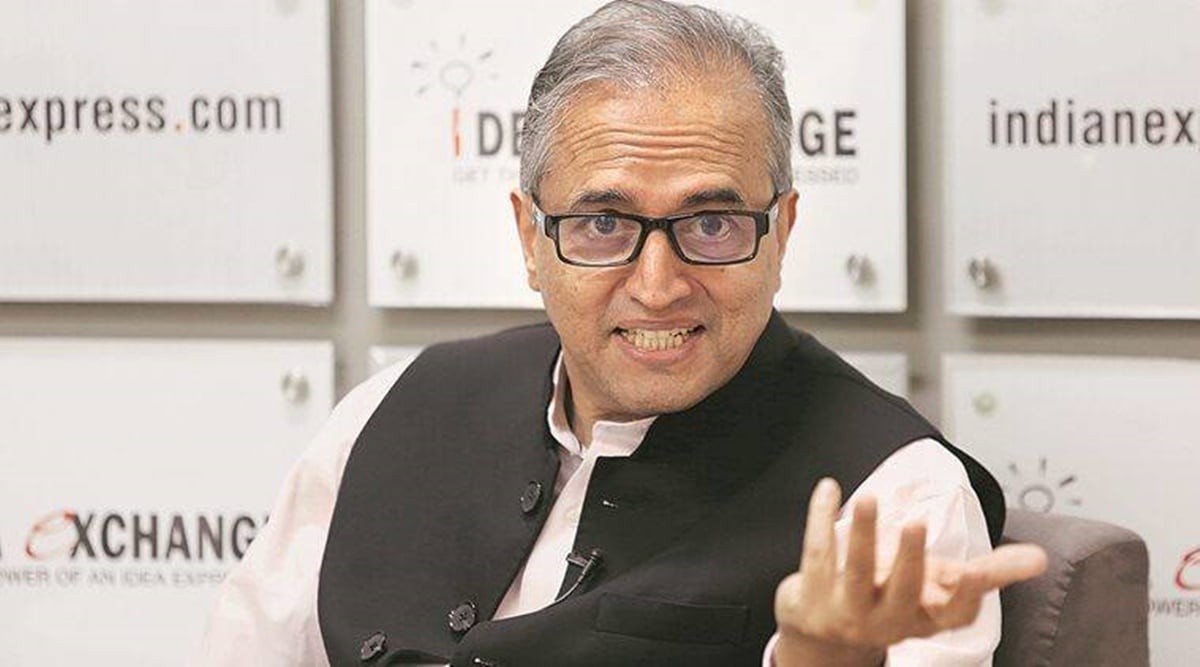“It can be extremely hot in May and even the fittest people find it difficult to work in Covid ICUs for four to five hours. Doctors who have been working since the first wave of the pandemic, they are mentally fatigued, suffering burnouts and many among them are getting infected,” Dr Shetty said.
Cardiac surgeon Dr. Devi Shetty has warned that once the ongoing problem of oxygen crisis that Covid patients are facing across the country is tackled, the next big challenge will be the shortage of doctors and nurses to treat patients.
Speaking at a virtual conference on interdisciplinary approaches to healthcare hosted by Symbiosis International (Deemed University), Dr. Shetty said, “Once the oxygen problem is solved, the next problem over the next few weeks will be the death of patients in ICUs because there are no nurses and doctors to take care of them. This is going to happen. I have no doubt about it.”
He added, “It can be extremely hot in May and even the fittest people find it difficult to work in Covid ICUs for four to five hours. Doctors who have been working since the first wave of the pandemic, they are mentally fatigued, suffering burnouts and many among them are getting infected.”
Dr. Shetty also said that for every person who tests positive in the country, there are 5-10 other people who are infected with the virus but they are not tested. This means that there can be 5-10 lakh people who are actually getting infected every day.
Need to create 5 lakh additional ICU beds
Dr. Shetty said that statistically, 5% of Covid patients need ICU beds irrespective of their age, which means there is a demand for 80,000 ICU beds daily. But India has 70,000-90,000 such beds and all of them are occupied already even though the second wave of the pandemic has not reached its peak yet. Moreover, a Covid patient spends a minimum of 10 days in the ICU. Therefore, there is a need to create at least 5 lakh additional ICU beds in the next few weeks.
Should recruit 2 lakh nurses soon to tackle crisis
He pointed out that in the ICU, Covid patients are predominantly dependent on nurses. “We need to produce 2 lakh nurses and 1.5 lakh doctors who are dedicated in managing Covid for the next one year,” Dr Shetty said. He added that there are 2.20 lakh nurses who have finished their training for three-year GNM or four-year BSc courses in various nursing schools and colleges across the country but are yet to take their final exams. These trained nurses should be given the option to work in Covid ICUs for a year, following which they can get their degree certificates.
Doctors who work in Covid ICUs can be given grace marks in NEET
Dr. Shetty said there are 1.30 lakh young doctors today sitting in the library mugging away to answer MCQs to crack the NEET entrance exam to get an elusive PG seat. The National Medical Commission along with the National Board of Examination should conduct NEET online right away and declare the results soon. Even after that, the 1 lakh doctors who fail to make the cut should be allowed to work in Covid ICUs, following which they should be given grace marks in their entrance exams the next year.
Physicians who completed PG training can skip exam to work in ICUs
Moreover, he said, there are 25,000 doctors who have finished their postgraduate training but they have not appeared for the exam yet. These students can be told that they can skip the exam and get their degrees provided they work in Covid ICUs for one year. Moreover, a similar option should be given to the 90,000-1 lakh doctors who have graduated from overseas universities but have not cleared a national entrance exam. Rendering services in the ICUs for a year should make them eligible to get registration certificates.
Focus should be on tier-II and tier-III cities
Dr. Shetty further said that while deputing these doctors and nurses, the focus should be firmly on tier-II and tier-III cities. Unlike metros, these cities do not have private hospitals and the government hospitals there are severely hamstrung by shortage of stuff. Unless more healthcare staff are recruited there, the condition in tier-II and tier-III cities will become as bad as in Delhi or Mumbai soon, Dr. Shetty said.
Source: Read Full Article


